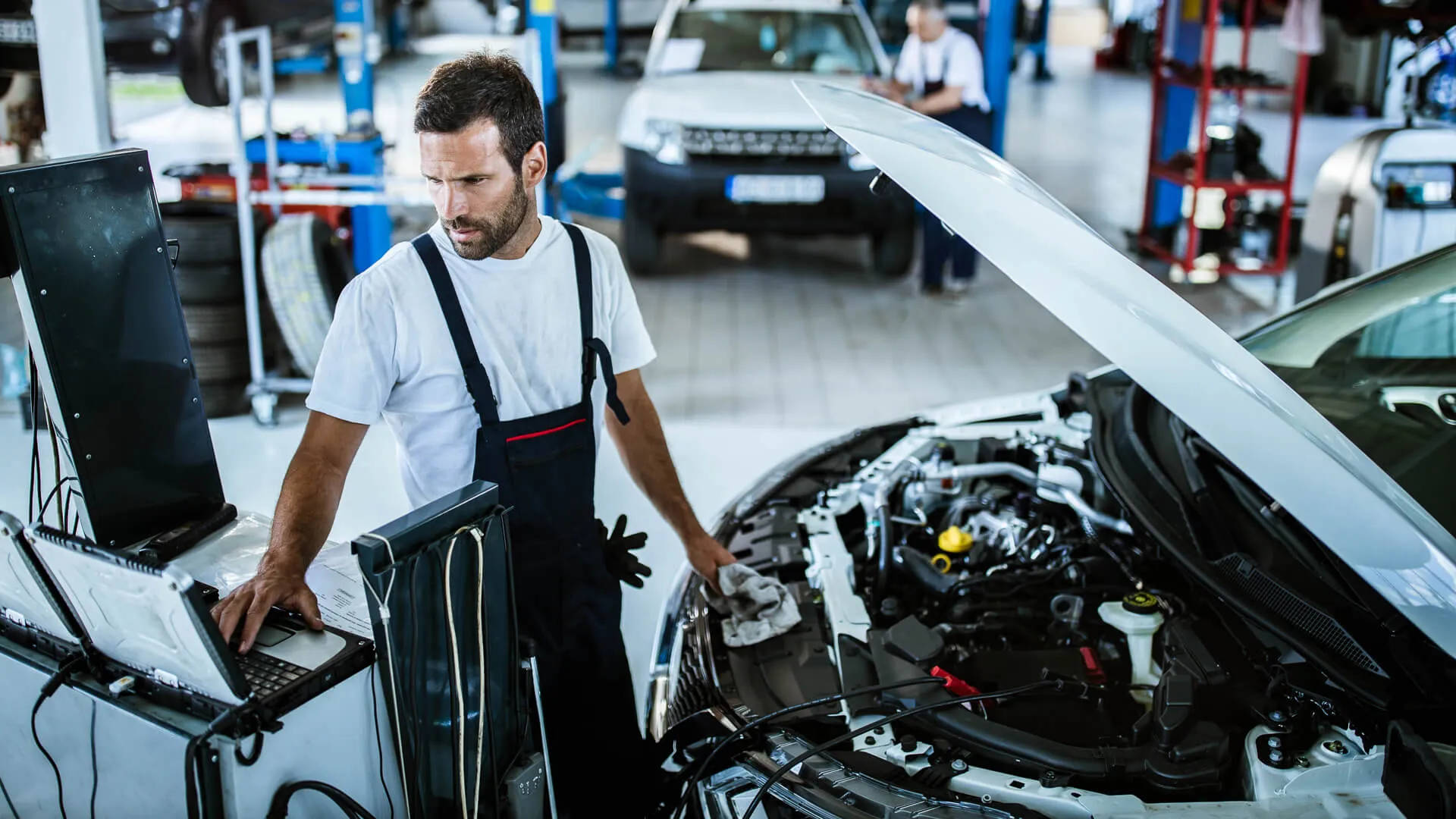Average Car Repair Cost

As a car owner, you know that repairs are an inevitable part of owning a vehicle. Whether it’s routine maintenance or unexpected repairs, the cost can quickly add up. But just how much should you expect to pay for car repairs? In this article, we’ll explore the average cost of car repairs and why they can be so expensive. We’ll also provide tips on how to save money on car repairs and when it’s time to take your vehicle in for service. By the end of this article, you’ll have a better understanding of what to expect when it comes to the cost of keeping your car running smoothly.
Conclusion
In conclusion, car repairs can be a significant expense for any vehicle owner. The average cost of car repairs varies depending on the type of repair needed, the make and model of the vehicle, and the location where the repair is performed. Understanding why car repairs cost so much and how to save on these costs can help you make informed decisions about when to repair your vehicle and how much to budget for these expenses. By staying proactive with regular maintenance and addressing issues promptly, you can minimize your overall car repair costs over time. Remember that investing in quality repairs now can save you money in the long run by preventing more extensive damage or breakdowns down the road.
The Average Cost of Car Repairs
Car repairs can be a significant expense for any vehicle owner. The average cost of car repairs varies depending on the make and model of the car, as well as the type of repair needed. According to a recent study, the average cost of car repairs in the United States is around $500 per year.
However, this number can vary greatly depending on the age and condition of your vehicle. Older cars tend to require more frequent and costly repairs, while newer cars may only need routine maintenance. Additionally, certain types of repairs such as engine or transmission work can be much more expensive than others like brake pad replacements or oil changes.
It’s important to keep in mind that regular maintenance can help prevent costly repairs down the line. Staying up-to-date with oil changes, tire rotations, and other routine maintenance tasks can help keep your car running smoothly and avoid unexpected breakdowns.
Why Car Repair Costs so Much
Car repair costs can be quite expensive, and it’s not always clear why. There are several factors that contribute to the high cost of car repairs. One of the main reasons is the cost of parts. Car manufacturers often charge a premium for replacement parts, and some parts may only be available through the dealership, which can drive up the cost even further.
Another factor that contributes to high car repair costs is labor. Skilled mechanics are in high demand, and their services come at a premium. Additionally, some repairs require specialized tools or equipment, which can also add to the overall cost.
Finally, there is the issue of diagnostic fees. In order to determine what is wrong with your car, mechanics often need to run tests or perform inspections. These services come at a cost, and if multiple issues are found, the diagnostic fees can quickly add up.
While these factors may seem daunting, there are ways to save on car repairs. By doing your research and finding a reputable mechanic who offers fair pricing and quality service, you can avoid overpaying for repairs. Additionally, regular maintenance can help prevent costly repairs down the line.
How to Save on Car Repairs
When it comes to car repairs, there are a few ways you can save money. First and foremost, it’s important to stay on top of your car’s maintenance schedule. Regularly scheduled maintenance can help prevent larger, more expensive repairs down the line. Additionally, finding a trustworthy mechanic who won’t overcharge you for services is key.
Another way to save on car repairs is to do some research before purchasing parts or services. Look up prices online and compare them with what your mechanic is charging. You may be able to find a better deal elsewhere or negotiate a lower price with your mechanic.
Finally, consider learning how to do some basic repairs yourself. Changing your own oil or replacing air filters can save you money in the long run. However, it’s important to know your limits and not attempt any repairs that could potentially cause harm to yourself or damage your vehicle further.
By following these tips, you can save money on car repairs and keep your vehicle running smoothly without breaking the bank.
When to Repair Your Car
As a car owner, it can be difficult to know when it’s time to repair your vehicle. It’s important to keep up with regular maintenance and inspections to catch any potential issues early on. However, there are certain signs that indicate it’s time for a repair.
If you notice any strange noises or vibrations while driving, this could be a sign of a problem. Additionally, if your check engine light comes on, it’s important to get your car checked out as soon as possible. Ignoring these warning signs could lead to more serious and expensive repairs down the line.
Another factor to consider is the age and mileage of your vehicle. As cars get older and accumulate more miles, they may require more frequent repairs. It’s important to weigh the cost of repairs against the value of your car before deciding whether or not to proceed with a repair.
Ultimately, staying proactive about car maintenance and paying attention to warning signs can help you avoid costly repairs in the long run. Don’t wait until it’s too late – take care of your car and address any issues as soon as they arise.
Conclusion
In conclusion, car repairs can be a significant expense for vehicle owners. The average cost of car repairs varies depending on the type of repair needed and the make and model of the vehicle. However, it is important to understand why car repairs can be so expensive and how to save money on these costs. By taking preventative measures such as regular maintenance and addressing issues early on, you can potentially avoid costly repairs down the line. Additionally, researching reputable mechanics and negotiating prices can also help you save money on necessary repairs. Ultimately, being informed about your vehicle’s needs and taking proactive steps can help you minimize the financial impact of car repairs.



